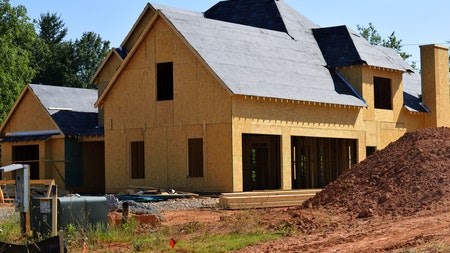Homeowners often change and add on to the existing dwellings on their property without municipal approval and without observing building regulations. As a result, you could encounter serious problems if you unknowingly buy such a property.
By owning a dwelling that does not comply with the approved building plans, you could end up being liable for a fine imposed by the municipality. In addition, to ensure compliance, you may also be required to demolish parts of the dwelling that are not approved.
Check
To avoid problems, you should ensure that all the buildings on the property are built in accordance with the approved municipal plans before you sign the offer to purchase document.
Ideally, it would be beneficial if you asked to see a copy of the approved plans before signing any sale documents.
You could also include a suspensive condition in the offer to purchase, obliging the sellers to supply you with a copy of the municipal approved plans of the dwelling. These plans must be produced within a reasonable period so that you can compare the dwelling to the plans before going ahead with the transaction.
Then, with the help of a building inspector or an architect, compare them to the existing dwelling.
If the buildings don’t comply, you can still decide to go ahead with the transaction as it is. One option is to make it a condition of the sale that new building plans be drafted and approved according to the dwelling - at the sellers’ cost.
In some cases, the sellers may have to demolish built-on structures that don’t comply with municipal building regulations before the effective sale of the property can take place.
Voetstoots
If you don't take these steps, the voetstoots clause will apply, subject to any other relevant clauses you have agreed to in the deed of sale. Meaning that you are in effect buying the property as it is - regardless of whether it conforms to the plans or not.
Sellers are legally obliged to disclose to prospective buyers – and their estate agent - that the property they are selling does not comply with the plans. If they know this and don't disclose the fact, you will have a legal claim against them. First, however, you will have to show in a court of law that the sellers were aware of the irregularities, but this may be difficult to prove.
After the fact
If you buy a property only to find out later that it does not comply with the approved plans, there are still steps you can take to ensure compliance.
The first step is to appoint an architect or a draftsperson to draw up the plans of the existing buildings on the property.
Then you need to submit the ‘as built’ plans to the municipality for approval.
If the plans are not approved, you may be required to demolish the offending structures.
In a nutshell, you need to follow the stipulated steps to be compliant by any means possible to avoid legal disputes and financial losses.





